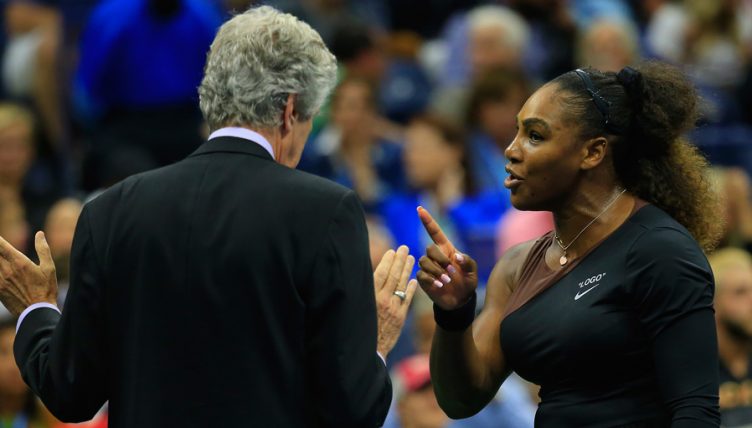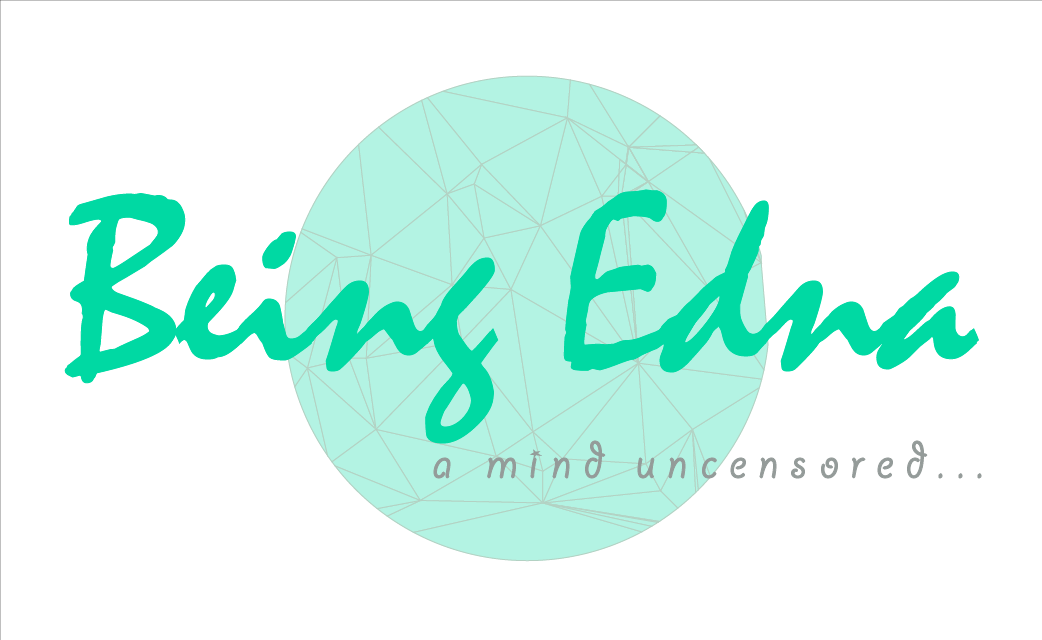Serena Williams is every black womyn who ever dared to speak up

My friend Patra, owns a set of the board game, 30 seconds which she carries to our get together weekend barbecues for us to play after we ate. Now, for those who are not familiar with the game, 30 seconds is like charades. Players get into teams or groups. One player must pick and look at a card on which the name of a city, country, class of people, book title, movie title, etc is written. That player must then start to describe to their teammates what they just read without mentioning the actual word or a letter therein. Teammates are to guess, in a time frame of 30 seconds,(there’s an hourglass for timing) what their team member is attempting to explain. It is a simple, fun board game which as in the case with my friends, can even played under the influence of alcohol. Yet the competitiveness of both teams often raises tension and pressure that has us screaming ourselves hoarse, making accusations, calling others weak and even comparing intellectual capacities. Yup. It gets intense.
But I am going to talk tennis and sexism today. The match at the US Open last week between Serena Williams and Naomi Osaka ended painfully for many of us. Two exceptional black womyn – one in tears of justified anger and frustration from enduring a system that even at her bestest among the best still regards her, second citizen. The other, tears of confusion about the aggression from a tennis fans crowd after the biggest win of her career. The events that transpired, we already know and the conversation on whether Williams was in contempt when she called the umpire, “thief” has been had so I am not here for that. I am not a model tennis fan either and as such do not have full knowledge of exactly what warrants one the code violations that the player was slapped with. What I can tell you – and what we all can already imagine is that any time anyone has to play a game competitively, even if it is 30 seconds where no trophies, money or Nike endorsement deals are awarded; the pressure is on. Emotions are high. Further and more importantly; that the demonisation of the Serena Williams in social media arguments, written articles, cartoons, fines and umpire threats resulting from her raising her voice in a moment of justified frustration – at least to her and other maybe couple of thousand tennis fans – is a typical manifestation of sexism.
Serena is every other black womyn who dares to raise her voice in the face of injustice. Every womyn whose boldness crosses that line that the patriarchy has so clearly drawn; one side of which other human beings, womyn, are crammed together in bondage, with men on the other side of the line rationing the sound, strength and power of their voices. When on this side, you must take graciously every provocation. You must accept punitive action for things that your male colleagues have gotten away with. You must not show anger – a human emotion. You must instead stomach it and keep it moving because looking the other way is her safest bet – if not to avoid the name calling and “bully” labels, then to retain that energy for yourself. There is where the patriarchy seeks to keep us all. So for most of the other half of the world, that game was a tennis conflict in which the greatest athlete and darling of many who often smiles and nods or speaks graciously even in the face injustice; “lost it.” Or like others have said, was “being childish” and a “sore loser.” For assertive black womyn it was a trigger that dug to the surface thousands of ugly, dehumanising incidents that have occurred before and are guaranteed to keep occurring.
For radical feminists, those many incidents are the “militant,” “ugly,” “bitter,” “feminazi” and countless other labels coupled with weaponised homophobia as a means to silence. The other umpires threatening to not work any match Serena plays at are the benevolent misogynists who have in their heads, assumed the role of ally or ‘male feminist,’ threatening to “stop supporting your (womyn) causes” because the scary, mean, militant feminists have called them and their ndugus out on their sexist tendencies. For harassed public figures like legislator Sylvia Rwabwogo, it is men and womyn colleagues alike shunning you for reporting your harasser and bringing him to book because a womyn choosing to prioritise her safety and emotional stability has somehow embarrassed the rest of them. For the womyn who dare to take up the space on 4-man panel tables but refuse to return after being spoken over throughout the conversation, it is lazy TV producers’ go to examples of “that’s why we don’t invite womyn.” In womy’s survival, it is a classic damned if you do and damned if you don’t – so womyn dare to speak with a voice more than that which has been rationed for them – knowing well the dire consequences of that defiance of the status quo. After all, and as feminist scholar Audre Lorde perfectly delineated in her poem, A Litany of Survival,
“When we speak we are afraid our words will not be heard
nor welcomed but when we are silent
we are still afraid. So it is better to speak
remembering we were never meant to survive.”


